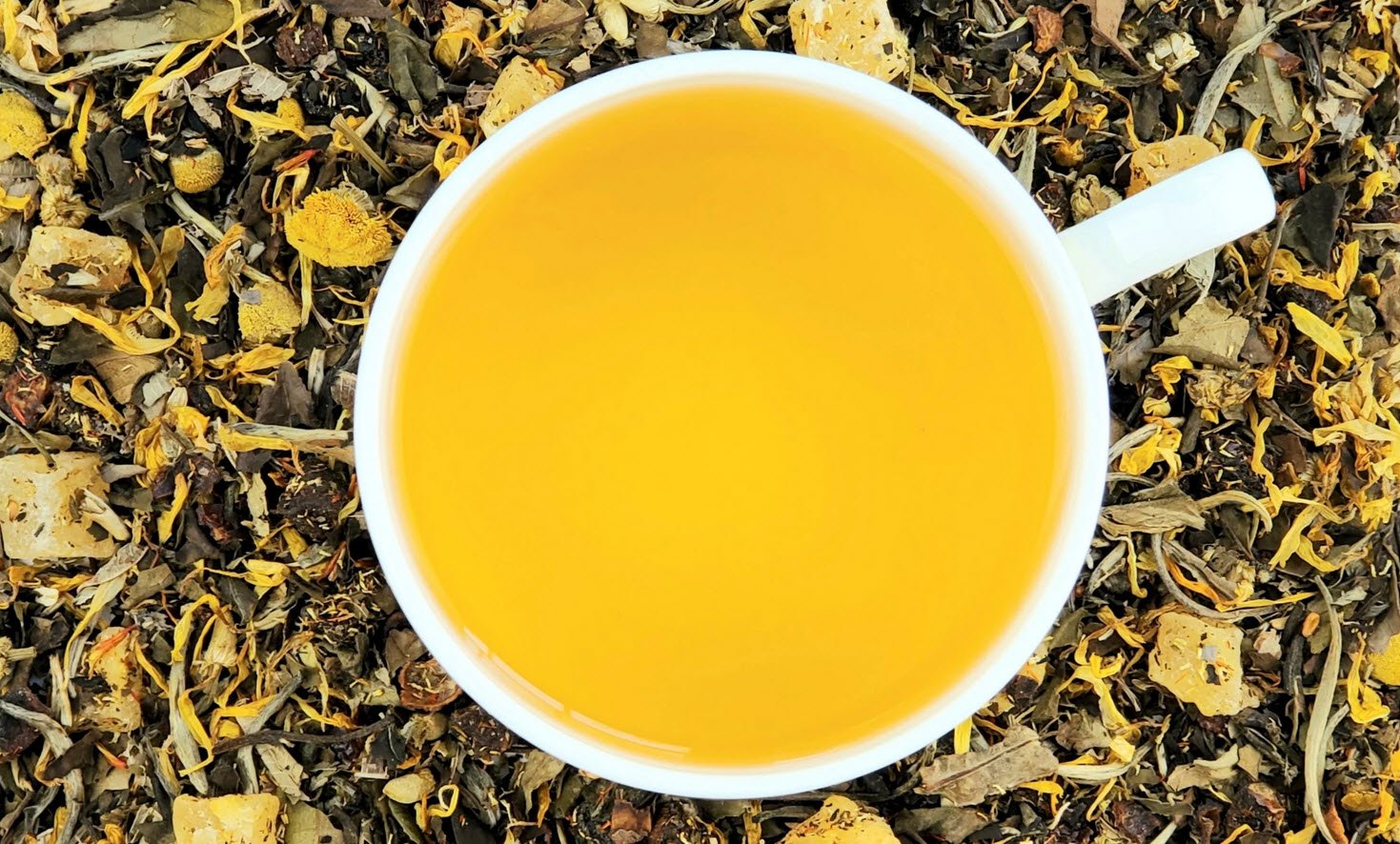
This past year, while people all across the world struggled with heightened levels of stress, despair, and anxiety, many ate their favourite comfort foods, like ice cream, croissants, pizza, and hamburgers.
Although they may appear soothing, research conducted recently suggests that the high-fat, sugar-filled foods we frequently crave when we are anxious or depressed are unlikely to be good for our mental health. It may be best to stick to entire foods like vegetables, fruit, fish, eggs, nuts and seeds, beans and legumes, and fermented foods like yoghurt.
But over time, a growing body of studies has offered intriguing cues regarding the potential effects of food on our emotions. A nutritious diet helps maintain a healthy gut, which connects with the brain via the gut-brain axis. Serotonin and dopamine are neurotransmitters that influence our mood and emotions, and the gut microbiome has been linked to outcomes in mental health.
Food can be a significant factor in helping us enhance our outlook on life and elevate our spirits when we’re feeling down. You can find a wide variety of uplifting foods that are healthy, filling, and delicious if you open the fridge and look through the cupboard.
Following foods help to improve your food:
- Grapes
- Tomatoes
- Green Tea
- Dark Chocolate
- Spinach
- Walnuts
- Water
- Bananas
- Almonds
- Strawberries
- Avocado
- Yoghurt
- Asparagus
- Raw Honey
1. Grapes
Grapes contain antioxidants, such as resveratrol, that may help improve mood by reducing oxidative stress and inflammation in the body.
Additionally, they are a good source of vitamins and minerals, including B vitamins which play a role in maintaining a healthy mood. However, it’s important to keep in mind that diet is just one aspect of overall mental health and well-being, and it’s always best to speak with a healthcare professional about any concerns you have.
2. Tomatoes
You’re in luck if you like tomatoes! Lycopene, an antioxidant found in abundance in tomato skin, prevents sadness and mood fluctuations brought on by inflammation.
Cherry tomatoes are a wise choice since they give you more tomato skin per surface area than conventional tomatoes, which is where lycopene is found in tomatoes. Additionally, they are the ideal portable snack.
3. Green Tea
Sipping a cup of tea can help to ease your senses, relax your nerves, and lift your spirits on a terrible day. Make it green tea, and you can get even more advantages, according to studies.
A Japanese study that was translated into the American Journal of Clinical Nutrition found that elderly adults who drank two to three cups of green tea per day had fewer symptoms of depression.
That could be because of several nutrients that improve mood, like the amino acid L-theanine, which reduces anxiety. Green tea contains a small amount of caffeine as well, just enough to perk you up when you’re down but not enough to make you jittery.
4. Dark Chocolate
It’s true! You feel good eating chocolate! It contains a variety of strong chemicals, including anandamide, also known as “the pleasure molecule,” and phenylethylamine, which increases endorphins.
In addition to being a rich source of antioxidants, iron, and magnesium to aid in relaxation, studies on chocolate have shown that it can enhance mood and cognition. Evidence suggests that eating chocolate consciously is very beneficial, so instead of devouring it all at once, savour it.
5. Spinach
These are abundant in a wide range of minerals, including iron, fibre to regulate blood sugar, and B vitamins to enhance brain function. There is evidence connecting an iron deficit to changed emotional behaviour, anxiety, and neurotransmitter disturbance.
We also need iron and B vitamins to produce energy, and having more energy can improve our mood and make it easier for us to engage in the activities we like.
6. Walnuts
Omega-3 fatty acids, a substance involved in numerous brain processes necessary for a positive mood, are present in walnuts and have long been praised for this reason.
Now, new research from the University of New Mexico’s Nutrition Program supports the idea that eating walnuts might improve mood, specifically by examining the impact these nutrient-rich wonders had on the moods of college students.
7. Water
Social media posts and several self-care initiatives would have you believe that drinking water has a direct impact on your mental health. There is a link, but it is much more nuanced than that.
It is important to drink water to stay hydrated to prevent dehydration from hurting your mental health. Giving your brain the water it needs to function correctly will help stabilize your mental health, and your brain will appreciate you for it.
You should drink the recommended quantity of water each day to keep your body happy and functioning properly to offer yourself the best chance of staying healthy, according to studies showing a positive association between drinking water and mental health conditions.
8. Bananas
A frown may be reversed with the aid of bananas. Since vitamin B6 is abundant in them, it aids in the synthesis of feel-good neurotransmitters like dopamine and serotonin.
Additionally, a 136-gram large banana has 16 grammes of sugar and 3.5 grammes of fibre. Sugar is delivered into the bloodstream gradually when combined with fibre, resulting in stable blood sugar levels and improved mood regulation. Low blood sugar levels can cause irritation and mood swings.
9. Almonds
Protein (containing tyrosine for the creation of neurotransmitters), magnesium, fibre, and vitamin E are all found in abundance in this mood-enhancing diet.
It has been demonstrated that vitamin E enhances memory and cognition and can help prevent free radical damage to the brain. You can eat them as a snack on their own, add them to granola or trail mix, make your dairy-free almond milk, or prepare delectable dishes with almond pulp.
10. Strawberries
Oddly, eating more fruits and vegetables is associated with a decrease in the prevalence of depression. A diet high in antioxidants may reduce inflammation linked to depression and other mood disorders, while the mechanism is unclear.
Berries contain a variety of phenolic and antioxidant components that are essential for preventing oxidative stress, which is a buildup of damaging substances in your body. They contain very high levels of anthocyanins, the pigment that gives some berries their purple-blue hue. In one study, a diet high in anthocyanins was linked to a 39% lower risk of developing symptoms of depression.
11. Avocado
Avocados are a healthy fat with an exceptionally creamy texture that also contains vitamin B6, fibre, vitamin E, and vitamin C. They also include vitamin B5, which supports the adrenal glands and aids in the synthesis of neurotransmitters.
12. Yoghurt
These days, probiotic-fermented foods like yoghurt that help regulate your gut flora are getting a lot of attention. Recent research suggests associations between a healthy gut flora and improved mood, reduced stress and anxiety, and a reduced risk of depression in both humans and animals.
13. Asparagus
Pee can smell strange after eating asparagus. But it offers a lot of health advantages. Asparagus, for instance, can aid in weight loss, help avoid URIs, support reproductive health, and even improve mood.
Vitamins A, C, E, K, and B6, folate, iron, potassium, copper, calcium, and protein are just a few of the nutrients found in asparagus.
14. Raw Honey
Honey is full of anti-inflammatories and can promote the spread of serotonin and dopamine throughout the brain, even though it is a sugar, which isn’t exactly your body’s greatest buddy.
You should be happier as a result, no doubt! Put some in your afternoon green tea if you can’t eat it by the spoonful to get a serious mood boost. Additionally, purchasing honey made locally can help minimise seasonal allergies.
You may also read:
- Exploring the Delightful World of Cold Sauces – From Aioli to Tapenade
- How To Prepare Keto Vanilla Cake
- 15 Different Types of Citrus Fruits You Need To Know
- A Guide to the Diverse World of Peppers
- Exploring the World of White Teas – A Delicate Symphony of Flavors
- Crafting a Vienna Vanilla Coffee Latte
- 4 Easy Steps to Prepare the Perfect Macchiato
- 20 Snacks Under 100 Calories – All You Need To Know
- Sunset Smoothie For Weight Loss – Preparation and Benefits
- Top 16 World’s Healthiest Foods








